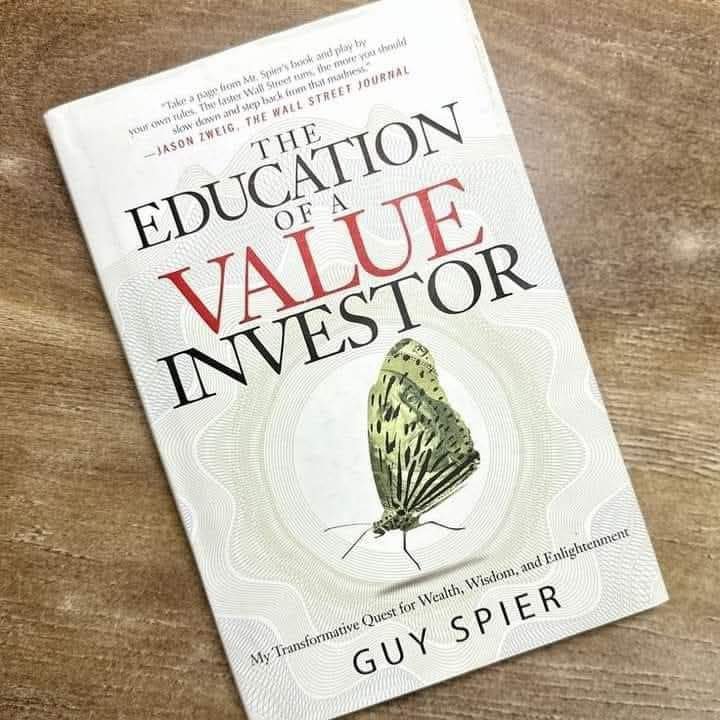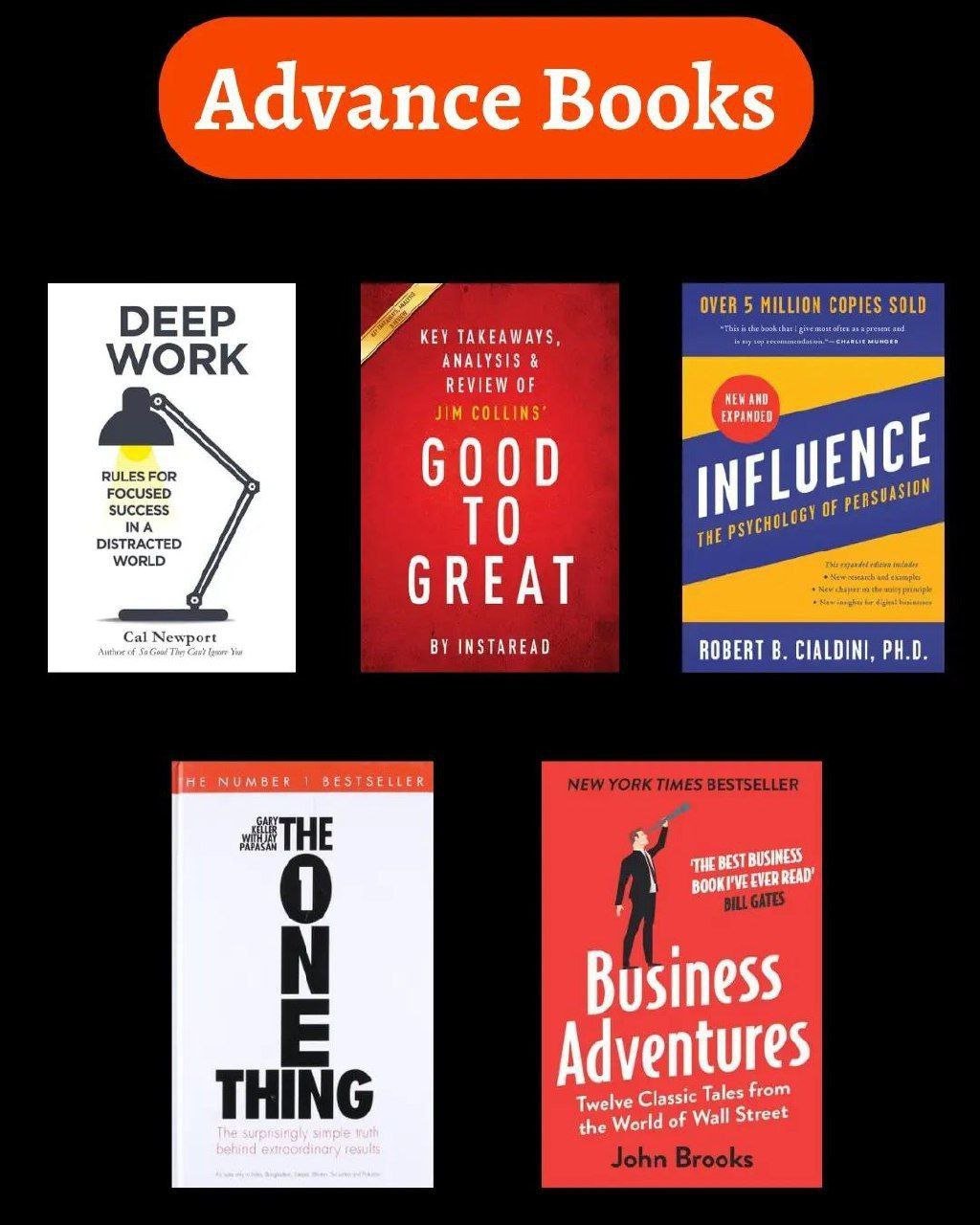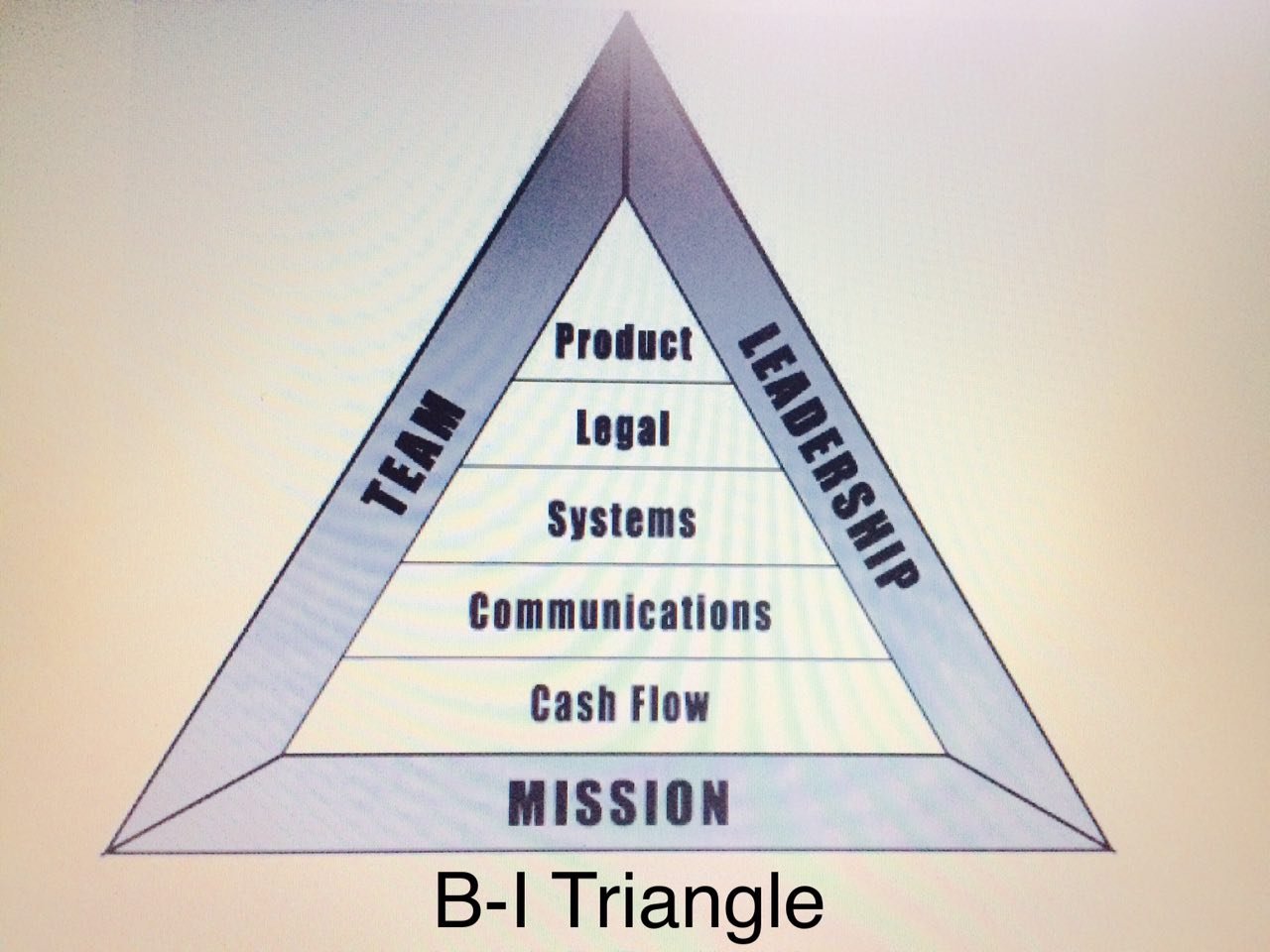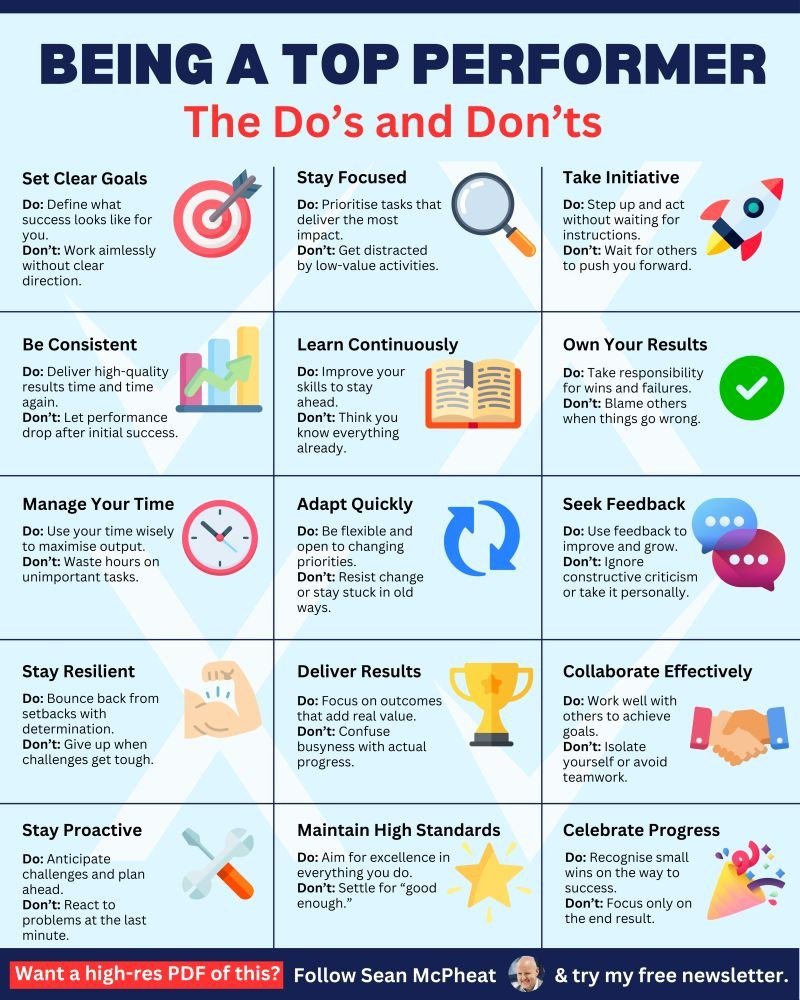\"THE EDUCATION OF A VALUE INVESTOR\"๐๐๐
Here are 10 lessons from the book:
1. Develop Strong Character: Investing success requires more than financial acumen; it requires a solid character. Spier emphasizes that becoming a better investor starts with becoming a better person, building integrity and trust.
2. Learn from Mentors: Spier attributes much of his growth to learning from other successful investors, especially Warren Buffett and Mohnish Pabrai. Finding good mentors is critical in shaping oneโs thinking and career trajectory.
3. Focus on Long-Term Thinking: Value investing is about patience and looking at the long term. Spier advises against chasing short-term gains and stresses the importance of holding onto investments that offer lasting value.
4. Avoid Overconfidence: One of the hardest lessons Spier learned was to remain humble. Overconfidence often leads to costly mistakes, so it\'s essential to maintain a mindset of continuous learning and self-awareness.
5. Create a Good Environment for Decision-Making: Spier explains that physical and mental environments significantly influence decision-making. To avoid impulsive or emotional decisions, it\'s important to cultivate a calm, thoughtful workspace.
6. Limit the Influence of Media and Noise: Staying informed is important, but Spier warns against being overly influenced by the noise of financial media, which can lead to irrational decisions. Investors should filter information and focus on what really matters.
7. Cultivate Emotional Discipline: Controlling emotions, especially fear and greed, is essential for making sound investment decisions. Spier highlights the need to stay calm during market volatility and resist the urge to panic.
8. Invest in Businesses You Understand: One of Warren Buffett\'s core principles, which Spier echoes, is to only invest in businesses you truly understand. This reduces risk and helps make informed, confident decisions.
9. Focus on Ethical Behavior: Spier emphasizes the importance of acting ethically in business and investing. He argues that long-term success is built on trust and integrity, and unethical behavior will eventually backfire.
10. Constantly Improve Yourself: Like many successful people, Spier advocates for continuous self-improvement. Whether through reading, learning from others, or reflecting on mistakes, it\'s essential to always strive to become a better version of yourself.
These lessons reflect Spier\'s transformation from a Wall Street trader to a thoughtful, ethical value investor who views personal growth as inseparable from financial success.
























.png)
.jpeg)
.jpeg)



.jpeg)














.jpeg)

.jpg)
.jpg)
















.jpg)




.jpg)

.jpg)



.jpg)



.jpg)





.jpeg)

.jpg)